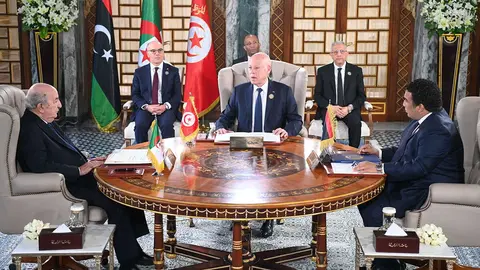Algeria approves budget with largest deficit in its history
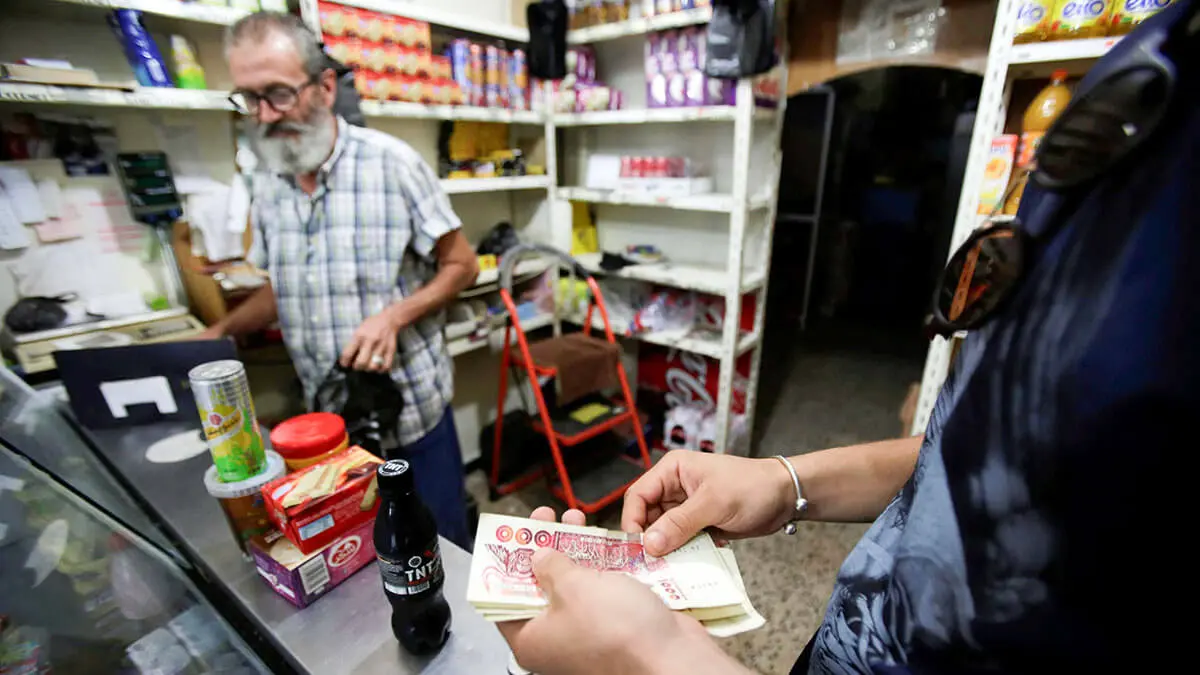
One month after being re-elected president of Algeria, Abdelmadjid Tebboune, in a meeting with the Council of Ministers, has approved the new state budget under the new Finance Bill (PLF) for the years 2025, 2026 and 2027.
At an all-time high of 125.34 billion dollars, the budget approved by the Algerian executive is 9.9% higher than the one ratified last year. Based on the fiscal price of a barrel of oil at 60 dollars and 70 dollars on the market, the National Bank of Algeria estimated gross domestic product (GDP) growth at 4.5% in 2025, due to a 1.9% increase in hydrocarbon exports. This growth was partly due to the change in the exchange rate of the Algerian dinar from 253 to 257 per euro. As a result, the increase did not increase the state coffers.
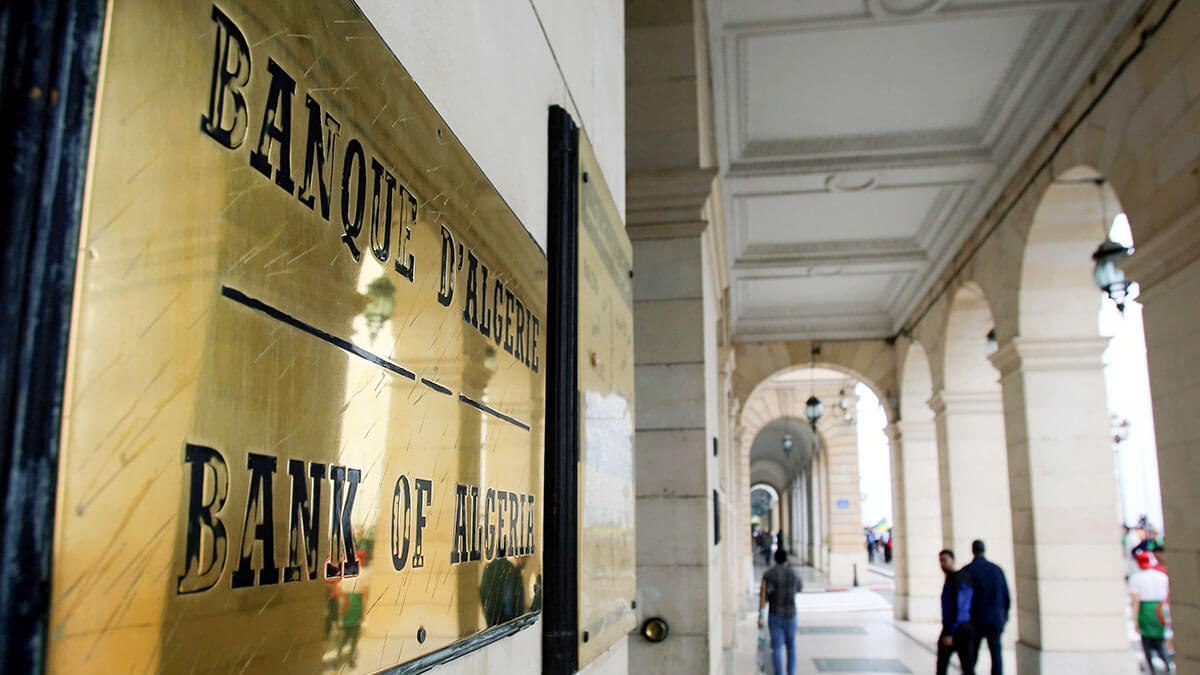
As a result of this increase, the budget deficit will reach 61.72 billion dollars, equivalent to 21.8% of GDP, which represents an increase of 3.5% compared to 2024, despite the 9% increase in tax revenues due to the tax hikes approved in the last year of Tebboune's term in office.
The increase in the budget deficit is worrying because, according to a universal law, it can accelerate inflation. The economic disaster caused by the current administration is so devastating that, to maintain a balanced budget, the price of a barrel of oil would need to be at least 140 dollars by 2023 and more than 150 dollars by 2024, compared to the 110 dollars required for the years 2021-2022.
The depreciation of the official dinar against the parallel market, with an exchange rate of 253 to 257 dinars per euro between 10 and 13 October 2024, artificially increases hydrocarbon dinar tax revenues. Exports are improving, but inflation on imported goods is worsening.

One of the most worrying signs indicating the state of the government is the increase in the defence budget, estimated at 25 billion dollars, making it the largest item of all. With an increase of 2 billion compared to 2024, the Ministry of Defence will receive 19.8% of the total.
This has provoked widespread disagreement among the public, as the main casualty of these increases is the social expenditure item. At 4,953 million, this item has been reduced by more than 750% in the last three years.
The difficult regional situation and the competition for strategic control have affected the planning of the annual budget, as extra funds were allocated to the defence sector for possible arms deals. In addition, Khalifa Haftar's forces are closing in from strategic Algerian cities, requiring more funding to cover growing defence needs.
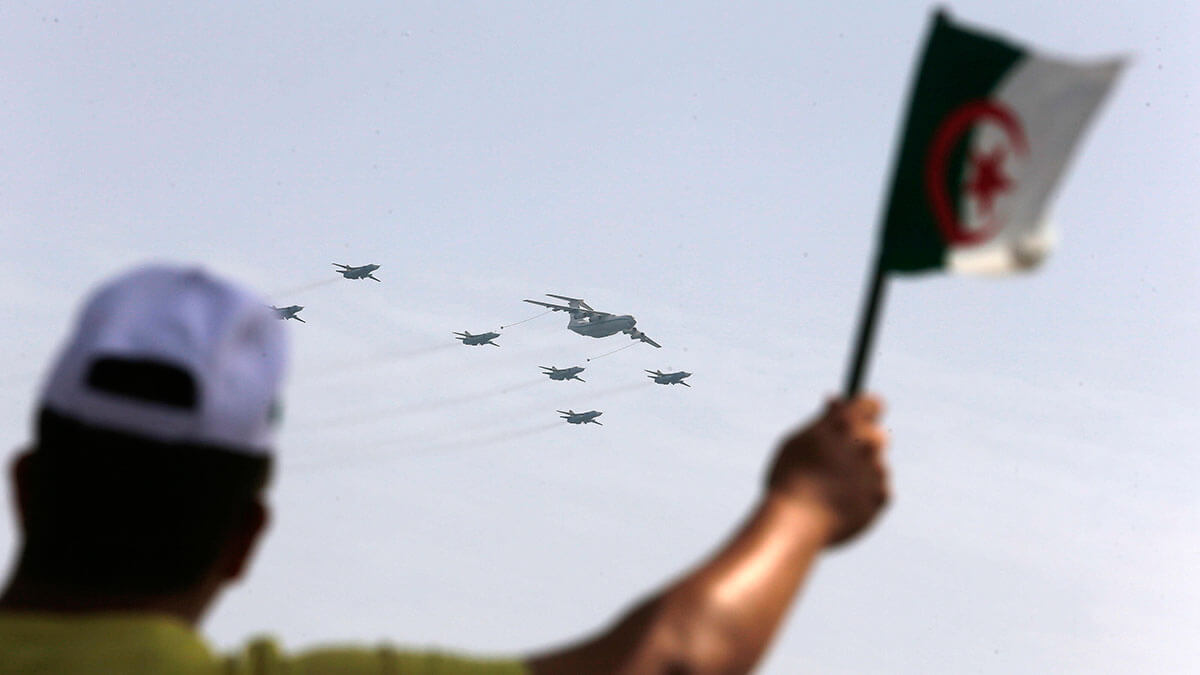
Last year's defence budget caused controversy globally, with the US expressing concern that the funding could be used to cut arms deals with Russia. Several senators became involved in the issue and called on the US administration to intervene to place Algeria on the list of enemy countries due to its interest in signing an arms deal with Russia.
However, the Russian-Ukrainian war and the founding members' opposition to Algeria's entry into the BRICS group caused tensions between the two countries. This led to a stalemate in negotiations on new arms deals, as Russia was unable to meet Algeria's demands. As a result, Algeria appears to be looking for other markets for its arms needs.
Of the total 2.619 billion dollars will be distributed for cereals, 750 million for dairy, 660 million for drinking water, 173 million for energy expenditure and 750 million for sugar and oil price stabilisation.
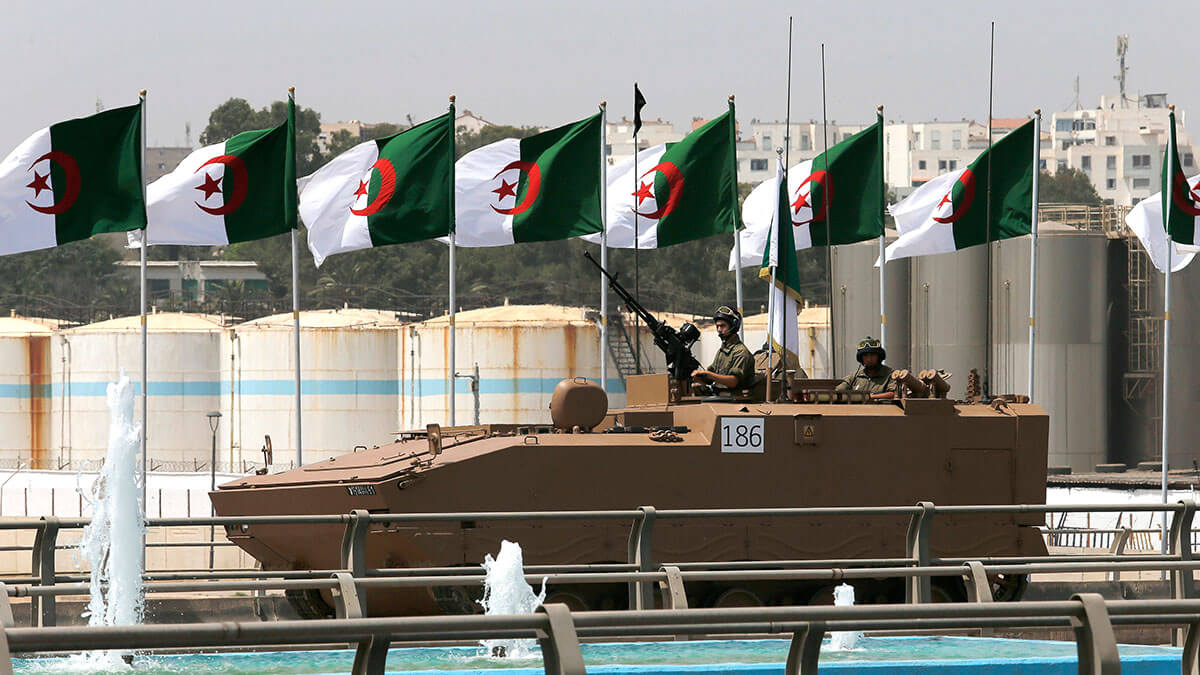
Still, economic growth is forecast at 4.5% between 2025 and 2026, but is expected to slow to 3.7% in 2027 due to slower growth in the hydrocarbon sector. The hydrocarbon sector will grow by 2.4% in 2025, remain stable in 2026 and then is expected to fall by 2.6% in 2027. Excluding hydrocarbons, economic growth is expected to average 5% over the years 2025-2027, with 5% in 2025, 5.3% in 2026 and 4.8% in 2027.
GDP will be 278.71 billion dollars in 2025, 300.71 billion dollars in 2026 and 308.13 billion dollars in 2027. In 2025, the balance of payments will have a surplus of 1.17 billion dollars, which will change to a deficit of 540 million dollars in 2026, due to the expected deficit in services and revenues, but is expected to balance in 2027.
Despite a stable economy thanks to hydrocarbon revenues and foreign exchange reserves of 70 billion dollars, inflation and unemployment remain high. The gross national debt/GDP would increase, according to the IMF and other international institutions, reaching 55.1% in 2023, 58.8% in 2024 and 63.9% in 2025. These elements show the importance of managing public finances properly to ensure long-term economic stability.


